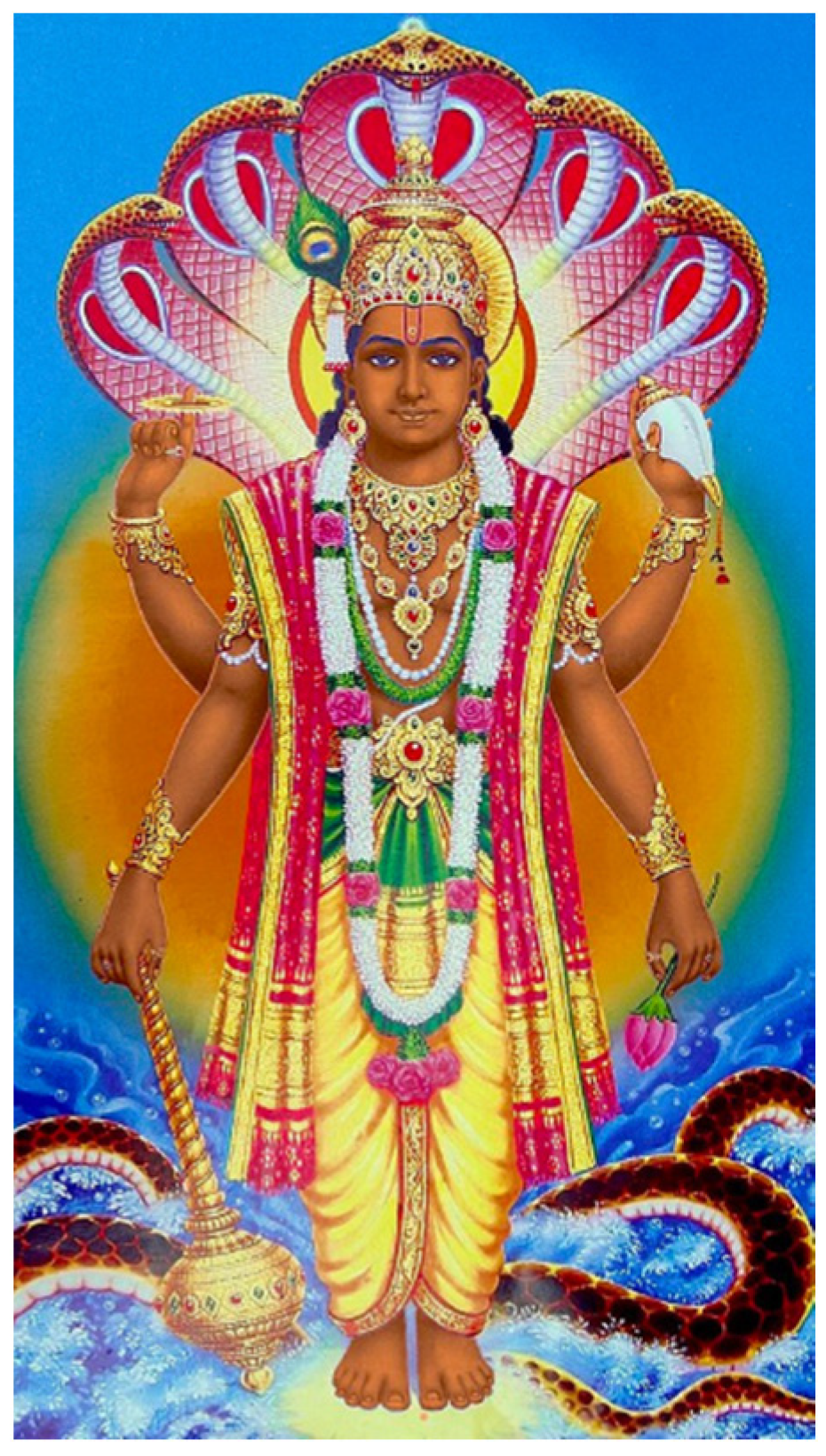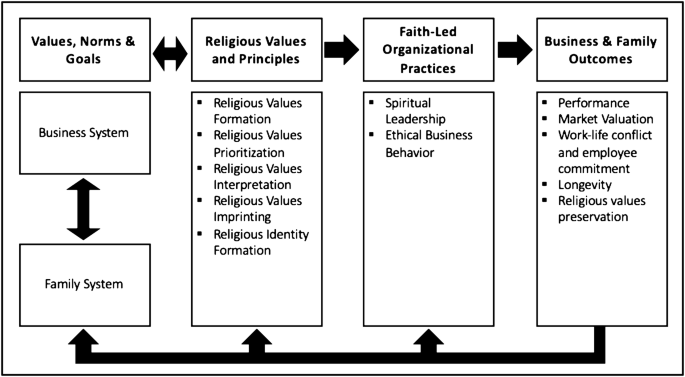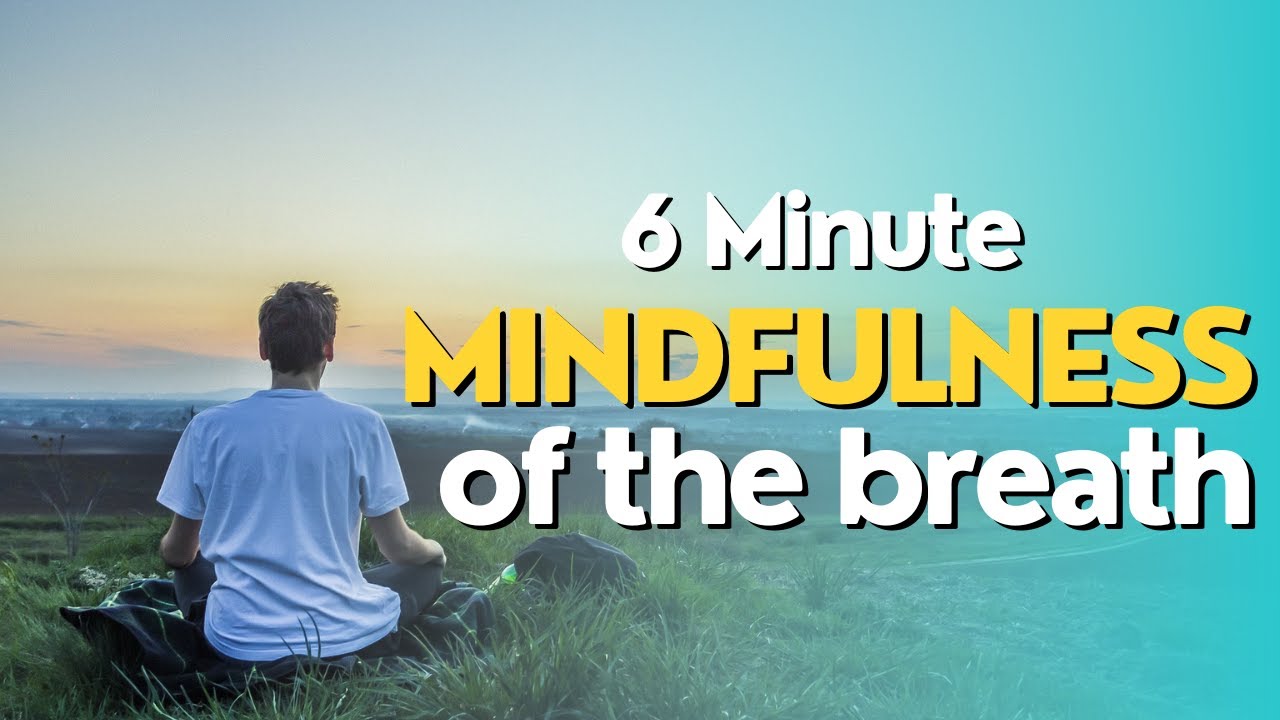Exploring the Foundations of Hinduism – A Journey of Discovery
Join us on a remarkable journey as we delve into the foundations of Hinduism, one of the world’s oldest and most intricate religions. With a rich history spanning thousands of years, Hinduism offers a treasure trove of cultural heritage, philosophical wisdom, and spiritual insights. Let’s embark on this quest of discovery, as we unravel the essence of Hinduism step by step.
1. Introduction to Hinduism:
Hinduism is a complex and diverse religion that originated in the Indian subcontinent. Unlike many other religions, Hinduism does not have a single founder or a central authority. It encompasses a wide range of beliefs, practices, rituals, and texts, making it a tapestry of profound depth and versatility.
2. Key Concepts and Beliefs:
At the core of Hinduism lie fundamental concepts and beliefs that shape its philosophy. These include Dharma (moral and ethical duties), Karma (the law of cause and effect), Samsara (the cycle of birth, death, and rebirth), Moksha (liberation from this cycle), and Atman (the eternal soul). Understanding these concepts provides a solid foundation for comprehending the underlying principles of Hinduism.
3. Sacred Texts:
Hinduism boasts an extensive collection of ancient scriptures, the most notable being the Vedas and the Upanishads. The Vedas are a compilation of hymns, rituals, and philosophical discussions that form the bedrock of Hindu rituals and traditions. The Upanishads, on the other hand, delve deeper into metaphysics, contemplation, and the search for spiritual meaning.
4. Deities and Pantheon:
The Hindu pantheon is replete with a vast array of deities, each with their unique qualities and significance. Popular deities include Brahma (the creator), Vishnu (the preserver), Shiva (the destroyer), Lakshmi (goddess of wealth and prosperity), Saraswati (goddess of knowledge and learning), and Durga (goddess of power and protection). Exploring their stories and symbolism provides insights into various aspects of human existence.
5. Rituals and Practices:
Hinduism encompasses a plethora of rituals and practices that reflect its cultural richness. From daily prayers and meditation to elaborate festivals and ceremonies, these rituals serve as a means to connect with the divine and foster spiritual growth. Studying the significance of these rituals can deepen our understanding of the Hindu way of life.
6. Philosophical Schools:
Hinduism is renowned for its diverse philosophical schools of thought, each offering a unique perspective on life, reality, and the nature of existence. Schools such as Vedanta, Yoga, Samkhya, and Nyaya explore profound questions regarding the nature of consciousness, the self, and the ultimate truth. Discovering these schools of thought broadens our intellectual horizons and invites us into the realm of deep contemplation.
7. Impact on Culture and Society:
Hinduism’s influence extends beyond the spiritual realm and permeates every aspect of Indian culture and society. From art, music, and dance to architecture and literature, the aesthetics and values of Hinduism have left an indelible impression on the Indian subcontinent. Exploring these connections helps us appreciate the broader impact of Hinduism on the world.
In conclusion, embarking on a journey to explore the foundations of Hinduism is a rewarding endeavor. The profound philosophical insights, rich cultural heritage, and vibrant spiritual practices open doors to a deeper understanding of this ancient religion. As we unravel the layers of Hinduism, we gain valuable insights into the human quest for meaning, purpose, and transcendence. So, join us on this transformative journey and discover the timeless wisdom of Hinduism.











